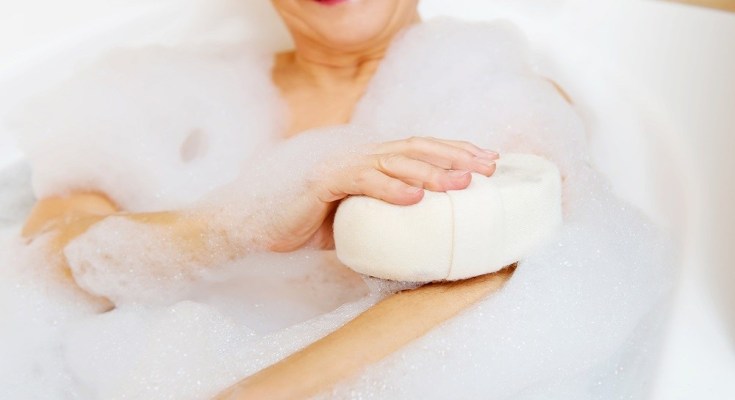
Natural Solutions
Koko HayashiShare
If nonenal/aging odor does not sound familiar, it smells all too familiar. It is not, alas, unfamiliar to millions of older men and women with this condition. It is in fact a problem with a clinical name, which we can target and treat without compromising our health or corrupting our values.
Chief among these values is a commitment to natural solutions, based on science and backed by use of the scientific method. Anything short of that standard in which hype is inherently unhealthy, in which the choice between looking healthy and being well is a false choice, in which the choice is tantamount to no choice at all—anything short of that standard is not worthy of consideration.
Why is there so little news about nonenal/aging odor, in contrast to other health-related issues?
There is an unfortunate but predictable stigma attached to this condition, which increases people’s reluctance to socialize or seek medical attention for this ailment. Odor has a stigma: It is a source of embarrassment or shame among those who have it, while it is a means of derision by those who have nothing better to do than to laugh at or ridicule some of our most vulnerable citizens; causing senior citizens to withdraw from society by having them return to—and never leave—their homes; causing sufferers to experience anxiety, fear, and depression.
Ageism is itself a problem. When a condition disproportionately affects the aged, when it causes a majority of people to associate bad smells with a minority of people who smell bad, when it is a form of badness unto itself, that is when we must defend the innocent and denounce the real bad actors: the bullies and critics among us.
Why do most products fail to treat this condition?
Most soaps, deodorants, colognes, and perfumes may suppress this condition. But whatever relief they provide, which is temporary, comes with a fiscal cost and a physical toll. Many of these products, particularly brand-name soaps and perfumes, are expensive. Do not, however, confuse price with potency; which is to say an expensive good is not necessarily a good that is effective.
More troubling is the fact that so many self-care products contain alcohol, which dries the skin, in addition to various chemicals, additives, artificial dyes, and possible carcinogens. These ingredients make the cure, which is nothing of the sort, worse than the disease, so to speak.
What is a natural way to solve this condition?
Handcrafted soap by Japanese artisans is a natural and safe way to treat this condition. More to the point, this soap contains Japanese persimmon extract—which also eliminates vaginal odor among women who suffer from nonenal/aging odor. The same extract is effective for foot odors, regardless of age.
How long should people use this soap?
Using this soap, which protects and moisturizes the skin, should be a daily ritual. It is not age-restrictive, meaning it is not a soap for older adults; rather, it is a soap for all people. It is an artisanal product, too, as Japanese culture celebrates the craft of soap making. The people of Japan revere this tradition, as it symbolizes expertise and the exclusive use of natural ingredients; applying what nature offers into something individuals can apply to their skin.
What other skincare products or routines should people adopt?
As our research confirms, nature begets niceness; or nice skin. That is, there is a corresponding decrease in nonenal/aging odor when people use the right soaps and moisturizers on a regular basis.
Always read the ingredients first. Ask questions, too, about everything from clinical studies (if they are available) to quality control standards. Ask if the ingredients have any side effects. Ask as many questions as you want, because you have a right to know—and a responsibility to do—what is right for your health and the care of your skin.”
